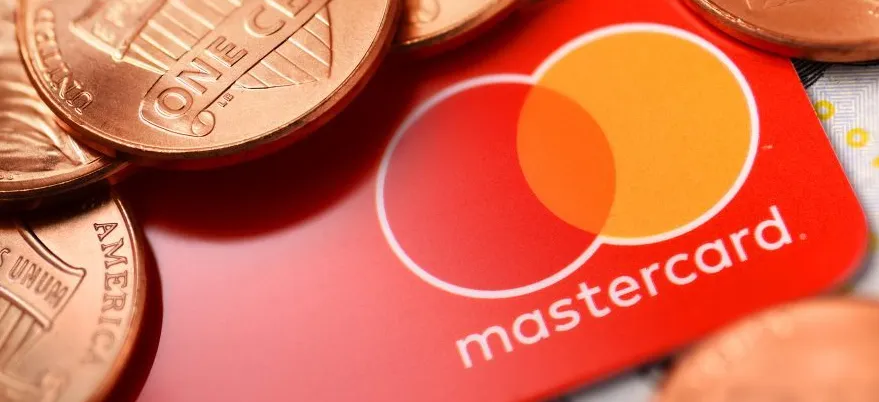|
Getting your Trinity Audio player ready...
|
Payment processing giant MasterCard has been granted a patent by the U.S. Patent and Trademark Office (USPTO) for a system and method for managing “fractional reserves of blockchain currency,” also known as cryptocurrency.
According to the patent published on Tuesday by the USPTO, the new application will help reduce the time it takes to complete cryptocurrency transactions. Currently, it takes about 10 minutes for a blockchain-based transaction to be processed, while MasterCard said it’s able to process fiat currency transactions in nanoseconds.
The motivation behind MasterCard’s innovation is that long transaction periods are not viable for businesses especially where large customer volumes are involved. Businesses, after all, need to complete a payment transaction in the shortest time possible. To solve this, the payment processor developed a method for “linkage of blockchain-based assets to fiat currency accounts.”
“There is a need to improve on the storage and processing of transactions that utilize blockchain currencies,” according to the MasterCard patent.
In the new patented system, MasterCard will create a new type of user account that can transact in cryptocurrencies with the help of existing systems for traditional fiat currencies, allowing its users to use the security features and payment methods as those of fiat currencies. An account database will store the account profiles containing a user’s “fiat currency amount, a blockchain currency amount, an address and an account identifier.”
The second part of the system involves a “receiving device,” which will receive transaction messages every time a payment has been made. Finally, there’s a processing device that will identify the specific account profile stored in the database, as well as update the cryptocurrency amount in a specific account profile based on the transaction amount inputted in the received transaction message.
According to MasterCard, processing blockchain transactions will allow payment processors like itself “to evaluate the likelihood of fraud and assess risk for blockchain transactions using existing fraud and risk algorithms and information that is available to payment networks.” These include historical transaction data, credit bureau data, and demographic information, among other things.
MasterCard has been actively involved in blockchain and cryptocurrency. Last month, the company was granted the anonymous transaction patent after a two-year wait.

 07-14-2025
07-14-2025 





